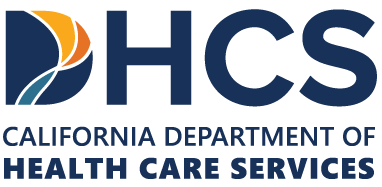8. Documentation Requirements for BHSA Services
The Department for Health Care Services (DHCS) is streamlining and standardizing documentation requirements for BHSA to align with documentation requirements for Medi-Cal Specialty Mental Health Services (SMHS), Drug Medi-Cal (DMC) and Drug Medi-Cal Organized Delivery System (DMC-ODS) services. The purpose of this alignment is to standardize documentation standards across all county behavioral health delivery systems, while also improving alignment with national standards and physical health care documentation requirements.
Effective July 1, 2026, mental health and substance use disorder (SUD) services funded under BHSA (with the exception of hospital inpatient and Narcotic Treatment Program (NTP) services)[1] must comply with documentation requirements established in Behavioral Health Information Notice (BHIN) 23-068, including:
Standardized assessment requirements
Uniform assessment domains utilized for outpatient SMHS
American Society for Addiction Medicine (ASAM) assessment utilized for SUD services
Dynamic problem list
Updated on an ongoing basis to reflect an individual’s condition
Progress notes
Progress notes are written in a narrative format and provide sufficient detail to support the service delivered
Care Planning
Static treatment plans such as the Full Service Partnership (FSP) Individual Services and Support Plan (ISSP) are no longer required by DHCS
Care planning is an ongoing process that is documented flexibly in the clinical record, including through the problem list and progress notes
These documentation requirements apply to non-hospital, non-NTP mental health and substance use disorder services funded through FSP or Behavioral Health Services and Supports (BHSS).[2]
The documentation requirements do not apply to services and supports where this approach to clinical documentation requirements may be unsuitable, such as:
BHSA housing services
Outreach programs, including BHSS Outreach and Engagement and outreach funded under FSP, where gathering identifying information is not feasible (e.g., outreach to homeless individuals and others who are not yet comfortable providing their information)
Warm lines and hotlines
Food support provided under FSP
[1] Inpatient hospital services and Narcotic Treatment Programs are exempt from the Medi-Cal documentation guidance in BHIN 23-068 because they must follow documentation requirements specified in federal regulations and other state guidance.
[2] WIC § 5806, subdivision (f); 5868, subdivision (g); 5887, subdivision (g).
